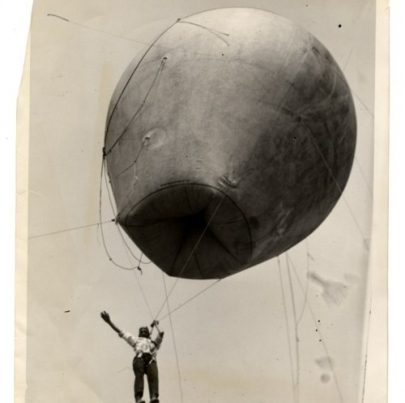To offset possible accusations of wolfism or “giving wolves a bad name,” let it be officially noted that I am very fond of wolves. Truly. I am aware that wolves, in addition to their unruly qualities, can be quite shy and are often congenial. One of the first non-fiction books I can recall reading was Never Cry Wolf by Farley Mowat. (I remember thinking that it was a surprisingly funny book and wishing that I could learn the “wolf language” described within.) One of the first audio stories my children ever heard was Prokoviev’s Peter and the Wolf, conducted and narrated by Leonard Bernstein. (They still both love the finale when Peter urges the hunters to spare the wolf so that the wolf can be taken to the zoo in a triumphant procession.)
It has become happily apparent to me, if it wasn’t already, that culture is full of great wolf representations. In hopes of enhancing your reading experience, I present these books as a complement to my own. I believe you will find among the wolves gathered here, many wildly unexpected and endearing qualities.
1. Wolf by Sara Fanelli (“Wolf finds that being a wolf is a disadvantage when it comes to making friends because people seem always angry at him, and he wonders if he will ever find a friendly face.”)
2. Wolf Won’t Bite! by Emily Gravett (“Three cheeky little circus pigs make a wild wolf jump through hoops [literally], endure feats of astounding derring-do, and even withstand perilous games of dress-up. Safe in the thought that “Wolf Won’t Bite!” they even put their heads between his jaws…but can you push a wolf too far?”) Note: This book was reviewed alongside Virginia Wolf here.
3. Good Little Wolf by Nadia Shireen (“Rolf, a small, gentle wolf, lives with Mrs. Boggins, who tells him he is a good little wolf. But when he meets up with a large, ferocious wolf, he is told that he isn’t a real wolf. Wolves aren’t little and good—they are big and bad…”)




